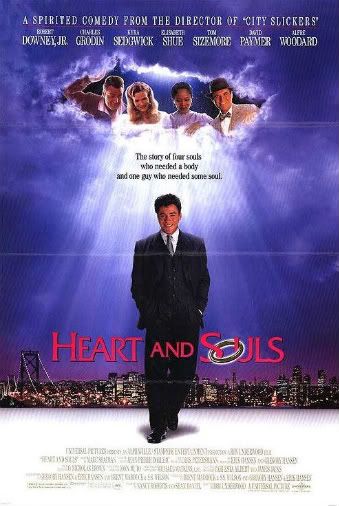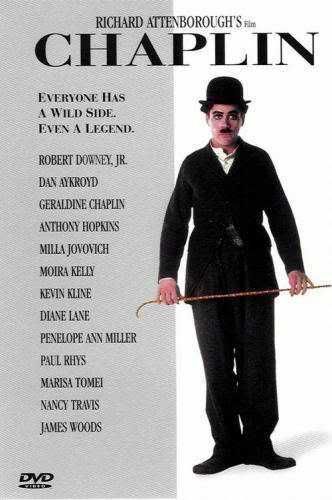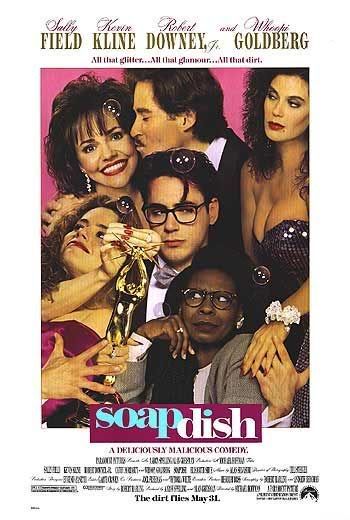
Heart and Souls
By Peter John Gardner
Allow me to start this one off by saying that I loved this movie. I normally don't care for warm hearted, romantic comedies for the whole family, but this movie kept me smiling throughout and is just plain cute. That being said, the following entry will be overthinking a movie that does not require any thinking at all for the sake of a good read.
The film starts off somewhere in the 1950s where we follow four individuals making one last mistake in their lives before they all take a bus ride home. The bus crashes into a car where a woman is giving birth, and instead of being pulled up to Heaven, the recently deceased get stuck with the newborn child. They aren't allowed to leave the child because they are bound by some kind of invisible wall around the child.
So these four people hang around young Thomas 24/7 and entertain themselves by entertaining him. As the child grows up, family and school faculty grow concerned with Thomas's "imaginary friends". One night, the four dead babysitters overhear a fight between Thomas's mother and father about what to do with their child that they think could be schizophrenic. The spirits decide to become invisible and let Thomas grow up to lead a normal life.
Flash forward to the future where we find Thomas has grown up into yuppie banker that doesn't seem to have the time for anyone. The dead spirits are still hanging around Thomas all day, but he can't hear or see them anymore. They just follow him around and comment on his life. When the bus to Heaven finally arives, the spirits find out that they were left on Earth so that they could use Thomas to fix their mistakes (think Quantum Leap), so they strike a deal with the bus driver to come back a little later after they tie up their loose ends. Hilarity ensues and Downey is a tour-de-force of physical comedy whenever he is possessed by one of the spirits.
The circumstances of the spirits' lives and Thomas's in the film had me asking myself all sorts of questions concerning the logistics of the situation. So these four people are bound to Thomas until they Quantum Leap their problems and are not allowed any privacy. Do the spirits go to the bathroom? What do they talk about with each other for eternity? Did any of the two males have sex with either of the two females?
And what about poor Thomas? These four people have watched him every time he's taken a shit, picked his nose, had sex, masturbated, or stuck a finger up his own ass. Think about that. What if this is actually what happens when you die? You get stuck with three other people as the guardian angels of a newborn baby. Or think about your own life right now. That time you didn't wash your hands after taking a hefty number two at the office? The time you rubbed one out in bed while your wife was sleeping? Or how about when you stuck your finger up your own ass just to see what would happen? Four strangers could have been watching you, and one of them could be played by Tom Sizemore.


